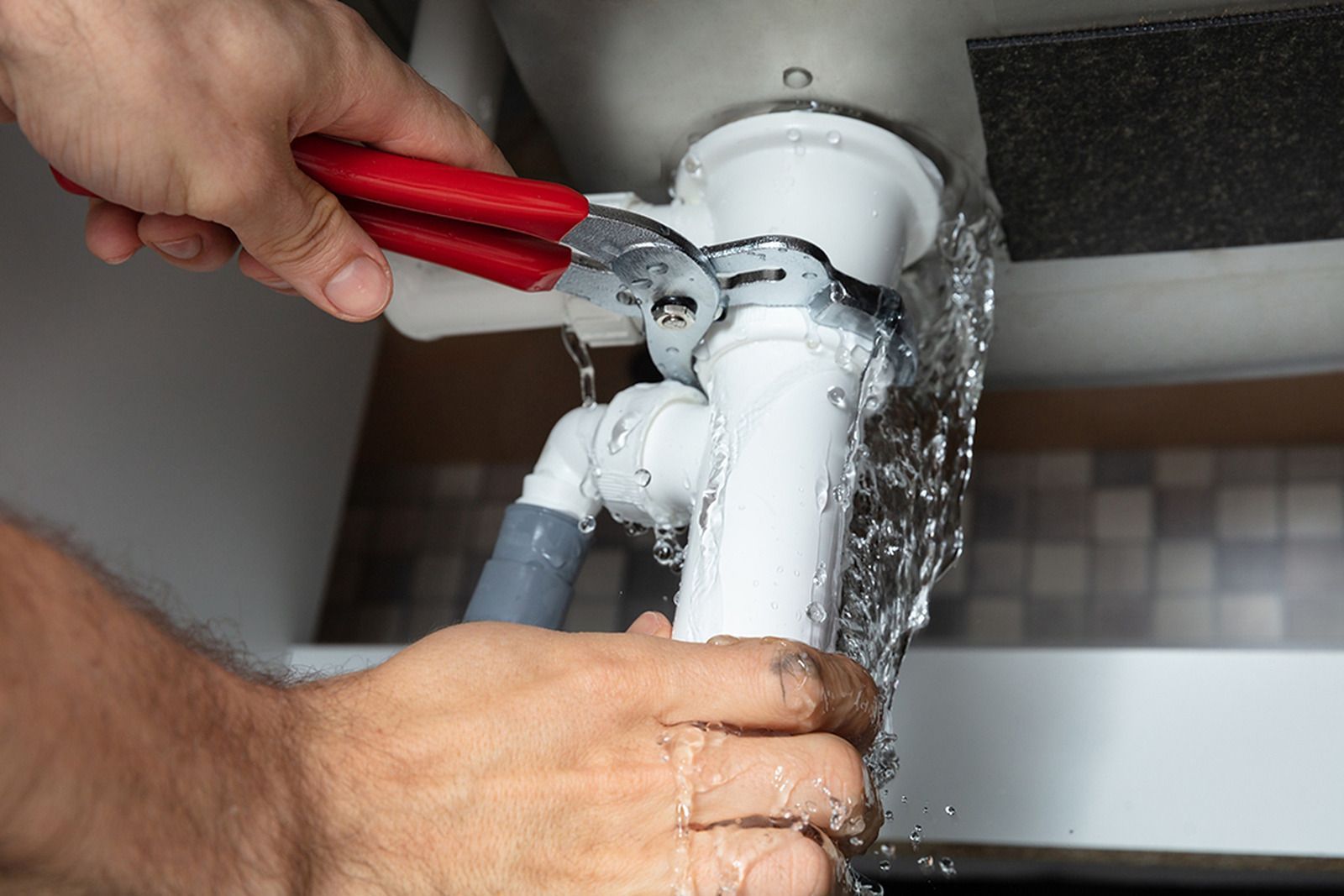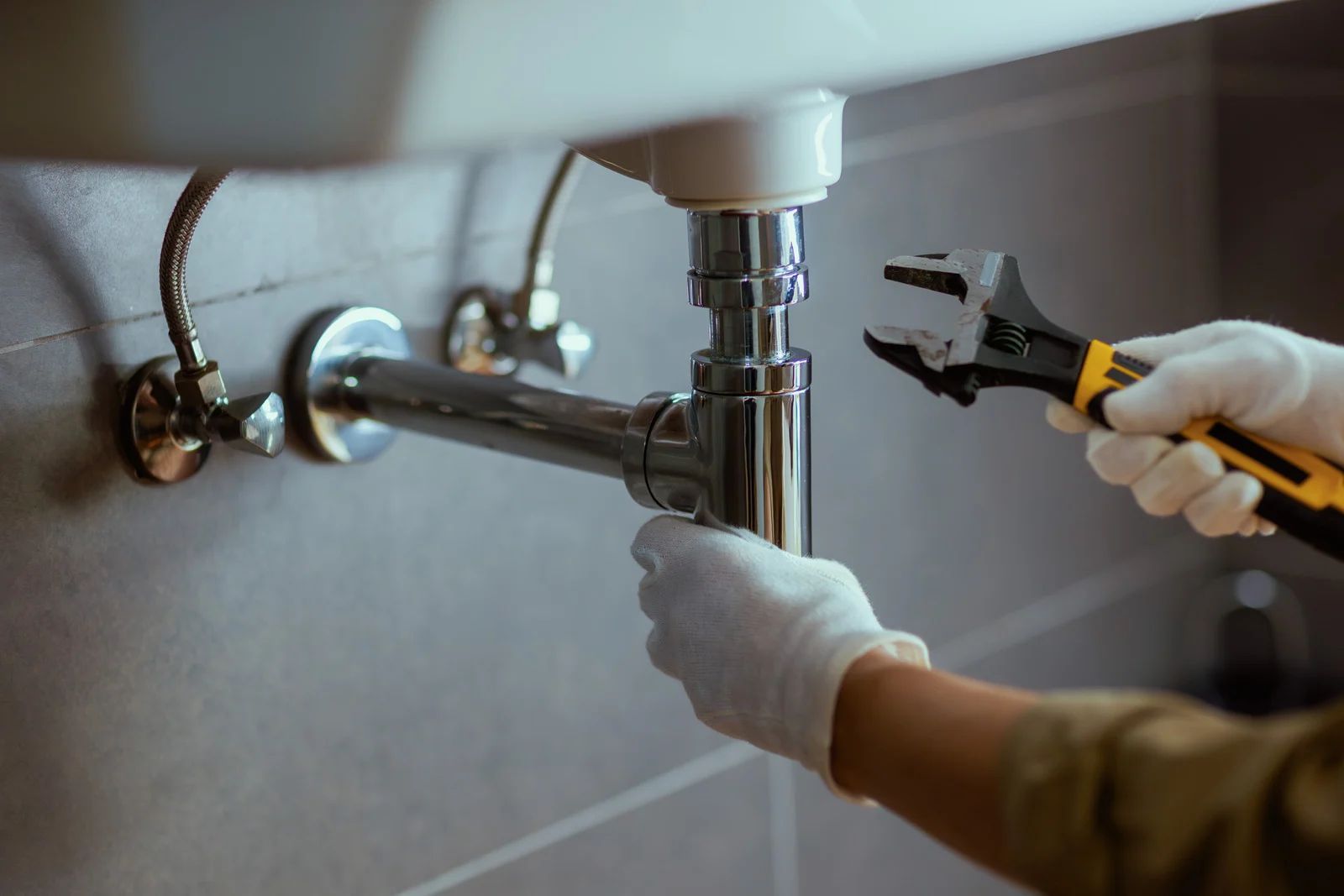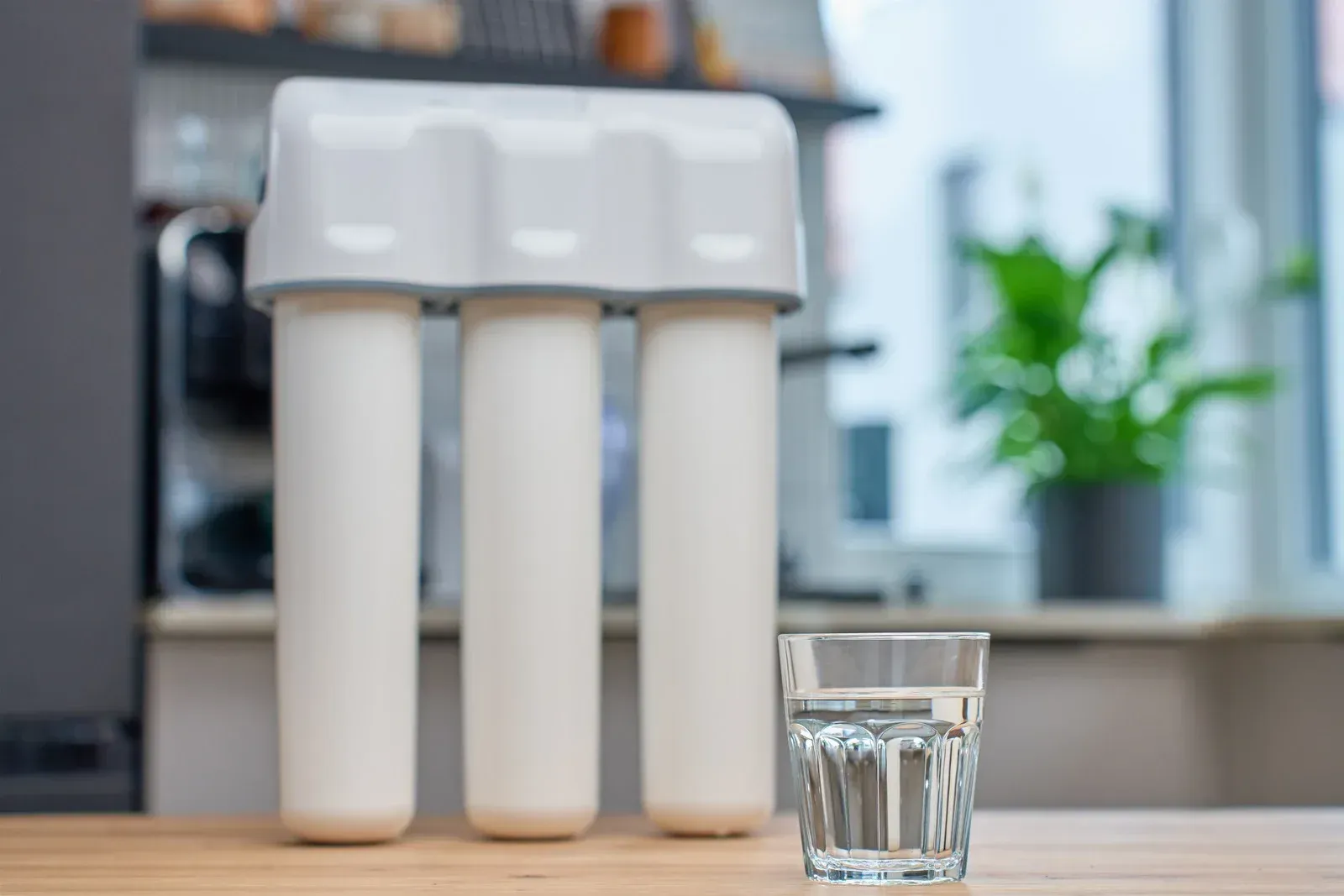Essential Tips to Identify Leaks Before They Cause Major Damage
It is necessary to identify leaks before they cause major damage. Any minor leakage can be repaired easily, but when it's something major, it might cost you a lot to repair. Major damages can also destroy the entire system, and you might have to replace it, which will cost you a lot. You can find leaks in the pipes of your sewer system, toilets, water heater and water using devices. This blog provides you with the tips to identify leaks because they cause major damage.
Tips To Be Followed To Identify And Repair Leaks
Listen For Any Signs Of Trouble
Your home can actually tell you if something's amiss. Pay attention to unusual noises, especially when everything is quiet, like at night. Trickling or dripping is a classic sign of a leaky faucet or pipe. It might be faint at first, but it's worth investigating. Rushing water could indicate a bigger leak, possibly behind a wall or under the floorboards. Hissing often points to a leak under pressure, like around a hot water heater.
Become a Water Meter Whiz
Your water meter is a valuable tool in the fight against leaks. The meter is usually located near the curb or outside your house. It will have two dials, one that moves slowly and one that moves quickly. Make sure no water is being used in your house. Note down the reading on both dials. Come back after a couple of hours, ideally when no water has been used. If the dials have moved, especially the fast-moving one, it suggests a leak somewhere in the system.
Turn off the main water supply valve inside your house and check the meter again after an hour. If the dials haven't moved, the leak is likely inside. If they have, it might be in the underground supply line.
Monitor Usage Of Water
Take a look at your water bill and note down your average daily or monthly usage. You can also monitor it yourself by taking meter readings regularly. If you notice a sudden increase in water usage that can't be explained by increased activity, it could be a leak. If you have a friendly relationship with your neighbors, compare water usage patterns. A significant difference might indicate a leak on your property.
Look for Signs
A keen eye can often spot leaks before they cause major problems. Damp spots and stains are telltale signs of water damage, especially on walls, ceilings, or floors. Look for discolouration, peeling paint, or even bubbling wallpaper. Visible cracks or leaks around pipes under sinks, behind appliances, or in basements are a red flag. Leaks can weaken floors and walls over time. Feeling a spongy texture underfoot or noticing a wall that feels soft to the touch could be a sign of trouble. Mold growth near damn areas is also telling.
Seek Professional Help
Regularly checking your plumbing system to see if there are any leaks, can save you from facing major damages. If you can't identify where the leak is, seek professional help and call a licensed plumber, who will repair the leaks in your plumbing system, reviving its actual functionality. By following these basic tips mentioned in this blog, you can prevent major damages by taking early precautions.




